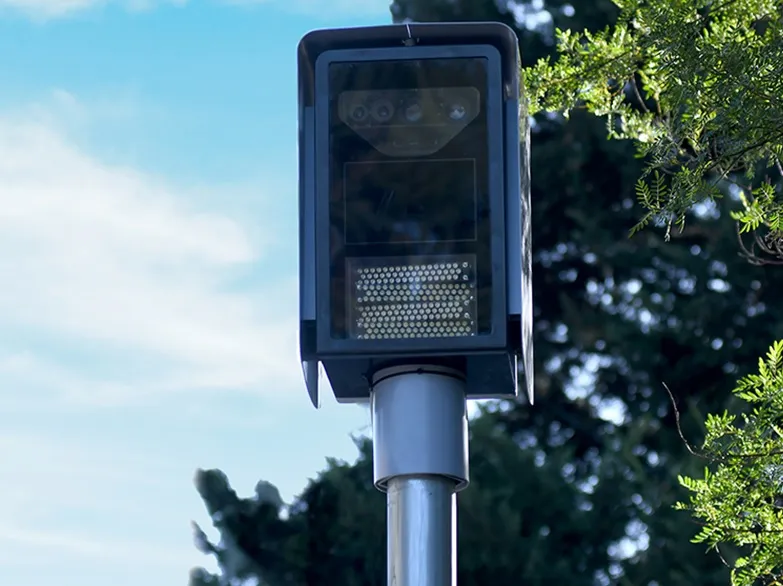
Redflex Traffic Systems has announced its Halo 2 advanced enforcement system has been certified for average speed detection by the prestigious Netherlands Measurement Institute (NMI).
Redflex describes Halo 2 as a technology application that delivers a range of ITS solutions. It leverages imaging, radar detection and computing capability.
The single pole solution delivers red light and speed enforcement comprising radar, flash, cameras and computer in a single enclosure, the company says.
Redflex Group CEO Mark Talbot says: “NMI certifications are recognised in nations beyond the Netherlands simply because the testing procedures are so rigorous and thorough. For Halo 2 to hold all major NMI criminal enforcement certifications, is a testament to its capability and quality as a solution.”
Halo 2 was tested to strict conditions for nearly a year to receive the average speed accreditation.
This included accuracy checks on a high-speed test-track, tests in extreme operating environments including high temperatures, water, dust, electromagnetism and various other road and laboratory conditions.
Halo 2 can take clear driver images and produce quality incident packages for adjudication purposes, the company adds.
Redflex claims its Halo radar can track up to 256 objects simultaneously with reliable lane discrimination and the system’s non-intrusive signal phase detection can monitor up to all nine traffic phases, including any combination of left turn, right turn and straight-through signals.









